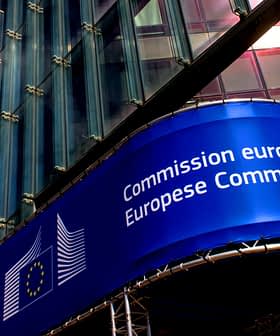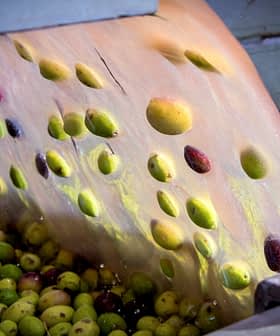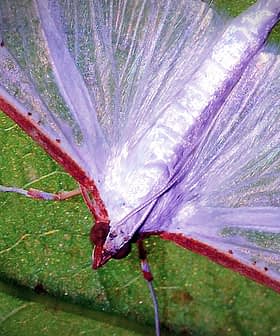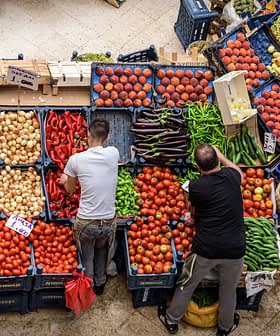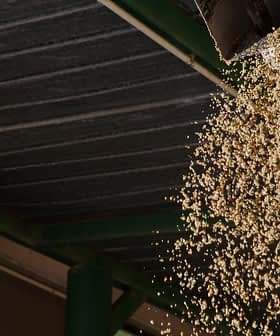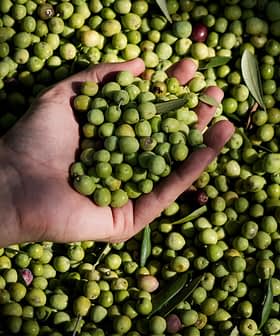Olive Polyphenols Show Promise as Aquaculture Feed Ingredient
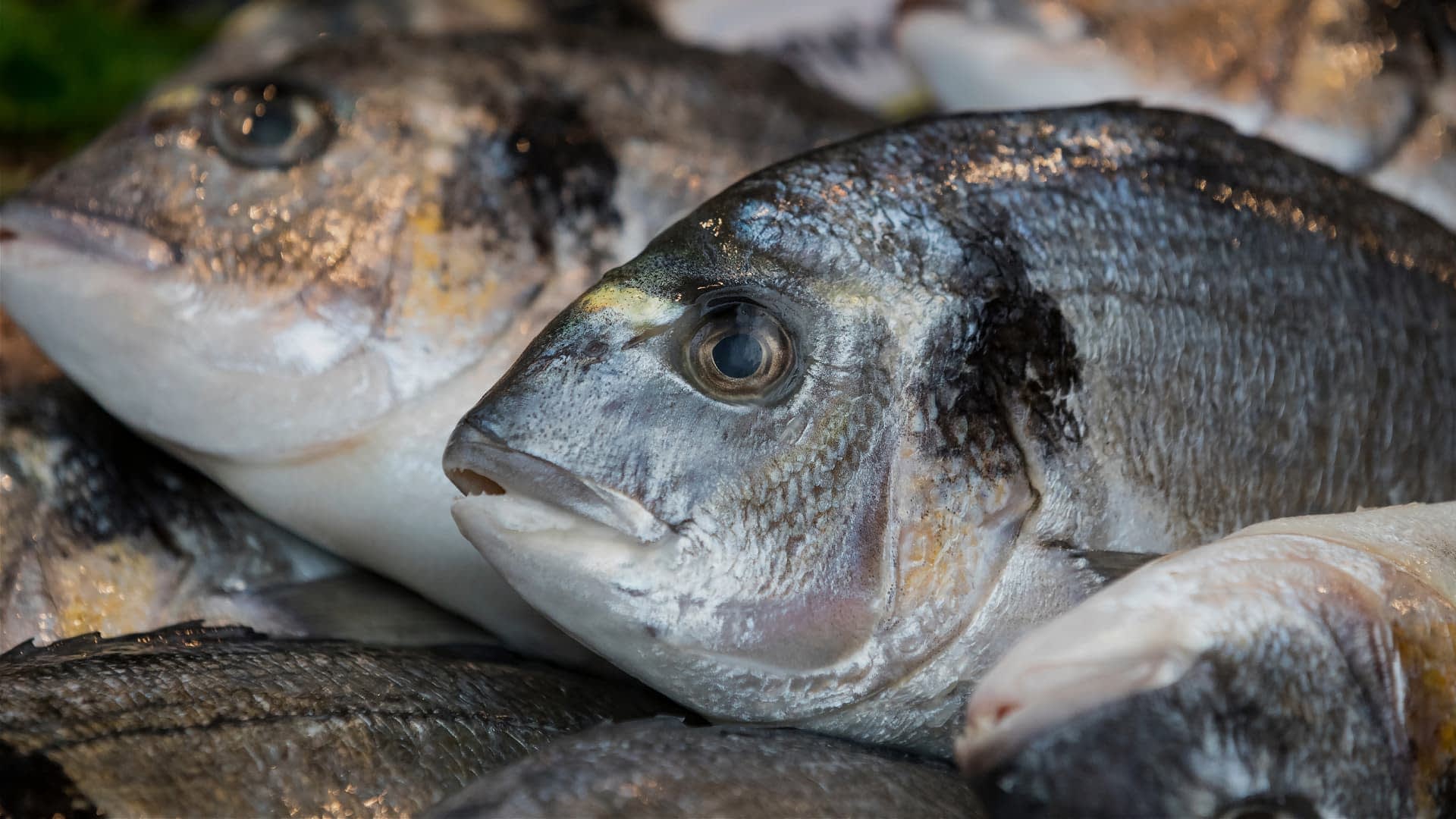
Italian researchers found that supplementing sea bream feed with a 0.08 percent polyphenol extract improved the feed conversion rate by 30 percent and showed anti-inflammatory and pro-immunity effects. The study, which utilized polyphenols extracted from olive milling waste, highlights the potential for the olive industry to contribute to the circular economy and increase sustainability in aquaculture, addressing global environmental concerns and the European Green Deal.
Italian researchers have found that supplementing sea bream feed with a 0.08 percent polyphenol extract improved the feed conversion rate by 30 percent. Anti-inflammatory and pro-immunity effects were also indicated.
The polyphenols in question, hydroxytyrosol and tyrosol, were extracted from olive milling waste, making the study another example of the possibilities for the olive industry to contribute to the circular economy and increase sustainability.
The study, conducted by researchers from the Zooprophylactic Experimental Institute of Umbria and Marche and the University of Perugia’s veterinary medicine department, was conceived to assess the potential of olive industry waste products as aquacultural nutritional supplements in the context of global environmental concerns and the European Green Deal.
See Also:Olive Milling Byproducts May Improve Animal FeedThe experiment was conducted on 600 gilthead sea bream, randomly assigned to two dietary groups of 300. Each group was then divided into three subgroups of 100 fish placed in separate indoor tanks.
Compared to the control group, fish fed with the experimental diet showed a tendency to increase in weight in the intermediate phase (117 percent weight gain compared to 82 percent), and a higher weight increase was recorded at the end of the experiment (177 percent compared to 125 percent).
A significant improvement in the feed conversion ratio was also recorded (1.85 compared to 1.45).
These results suggested that dietary supplementation with olive-derived polyphenols can enhance growth while maintaining the fish’s general health and physical welfare.
In addition, genetic analyses showed that fish fed with the polyphenol-based supplement improved the gene expression of biomarkers related to immunity and metabolism.
The researchers particularly noted the reduction in the pro-inflammatory gene interleukin 12 beta expression and an increased expression of the anti-inflammatory gene interleukin 10.
These results tally with previous studies demonstrating that plant protein-based diets lower the expression of various pro-inflammatory markers and other genes linked to immune defense.
See Also:Researchers Investigate Olive Powder as Food IngredientIn contrast, animal protein-based diets, such as fish meal, lead to an increase in gene expression related to inflammatory mediators tied to regulating inflammation and activating the natural immune response to infection.
The authors note that the European Union generates approximately 88 million metric tons of annual food waste at an estimated cost of €143 billion, with the majority originating from the food industry rather than consumers.
This category of waste material is responsible for eight to ten percent of global emissions and about six percent of the E.U.‘s greenhouse gas emissions, pollution and waste production.
Therefore, they sought to apply the circular bio-economy and sustainable farming concepts to aquaculture.
Extensive research has shown the beneficial effects of fish consumption due to their nutritional profile, which is high in protein, polyunsaturated fatty acids such as omega‑3, and vitamins such as B2 and B6. Fish is an integral part of the Mediterranean diet and other diets associated with health and longevity.
Aquaculture has been mooted as a sustainable means of fish production. It is often contrasted favorably with traditional fishing and its associated environmental impacts, particularly over-fishing, food-web disruption and bycatch – the incidental capture of non-target species such as dolphins, marine turtles and seabirds.
Recent studies, however, have raised concerns about potentially harmful practices within the industry.
Some of the main factors cited are the composition, source and performance of feeds. Improving the sustainability of this aspect is therefore seen as key to improving the sustainability of the industry as a whole.
